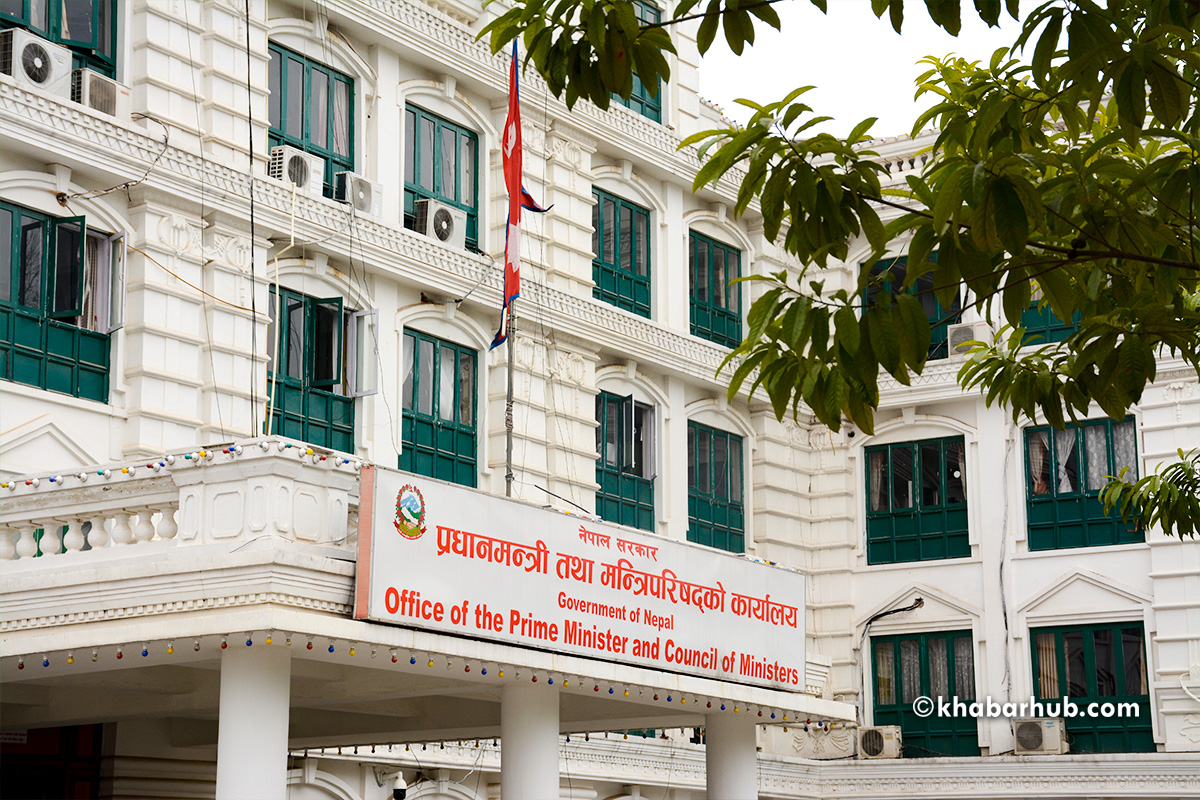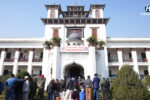KATHMANDU: The government has issued the Business Continuity Loan Disbursement Procedures, 2020, in its bid to provide loans effectively for the payment of salary of workers and employees of COVID-19 affected cottage, small and medium scale industries as well as those of the tourism business and for the continued operation of businesses.
The Ministry stated today that provisions would be made for the required amount would be made at the Nepal Rastra Bank in order for the government to disburse loans for continuity of business by providing concessional loans as per the Procedures endorsed by the Council of Ministers and proposed by the Ministry of Finance.
The government shall open the business operation continuity loan disbursement compensation account of Rs 50 billion at the NRB’s banking office and to be run by NRB.
Money made available by the government, the amount to be deposited by corporations fully or partially owned by the government at the coordination of the Ministry and the amount acquired as per the agreement done by the government with foreign organizations would be deposited in this account.
It is stated that the Ministry of Finance will deposit money in this account as per the need and the NRB will return the amount to the government and the corporations concerned with the termination of the use of the amount in the account.
The concessional loans would be provided to the cottage, small and medium scale industries and the tourism businesses dented by COVID-19 and that are facing problem in operation for want of loan for failure to pay salary of workers and employees.
The loans have been classified in three categories – most affected sector, moderately affected sector and less affected sector and its ceiling determined accordingly. For the most-affected sector, the total amount or maximum amount is Rs 100 million, including the annual salary of workers and employees and an additional 50 per cent of it for business continuity.
For the moderately affected businesses, the amount is up to Rs 70 million while for the less affected sector it is up to Rs 50 million. RSS









Comment